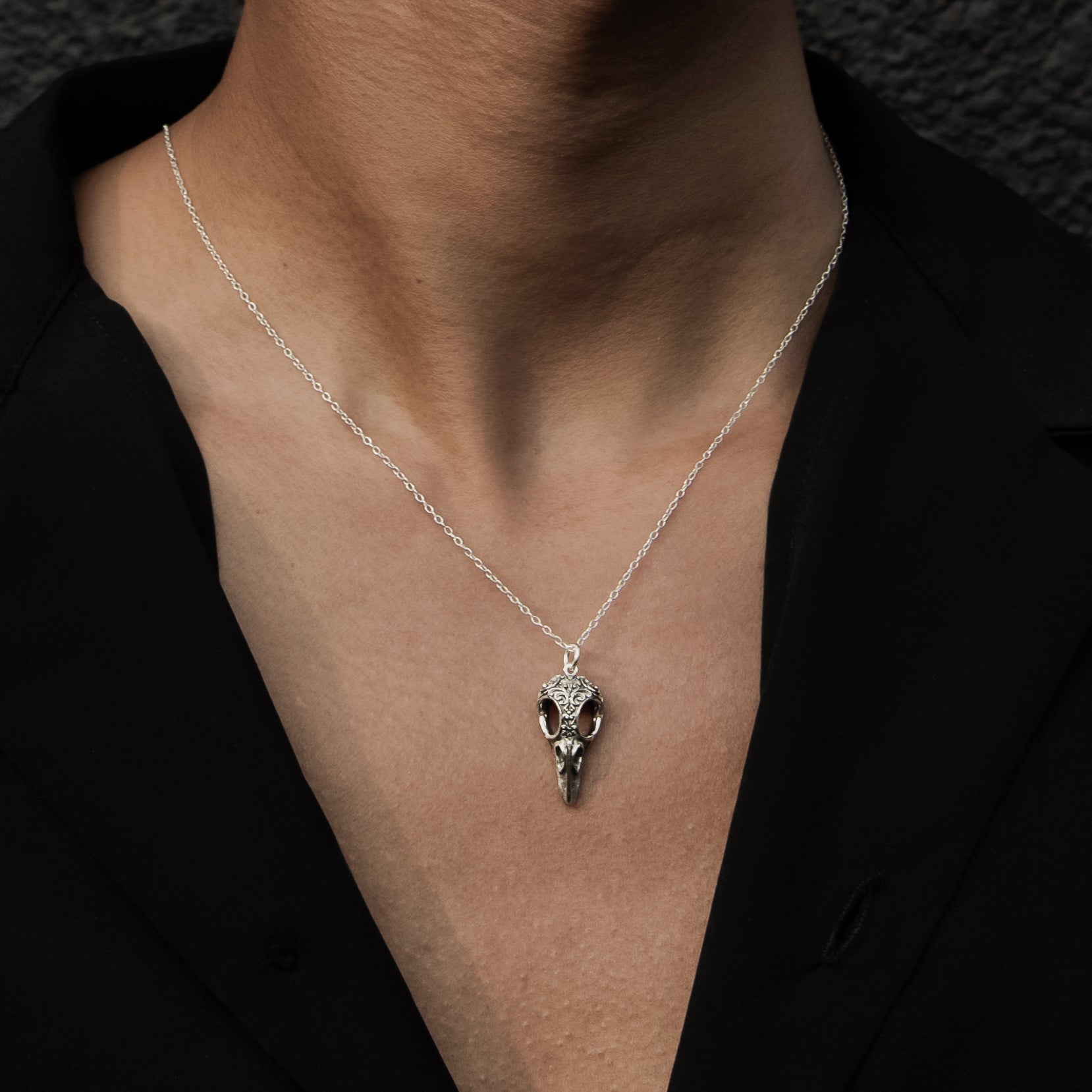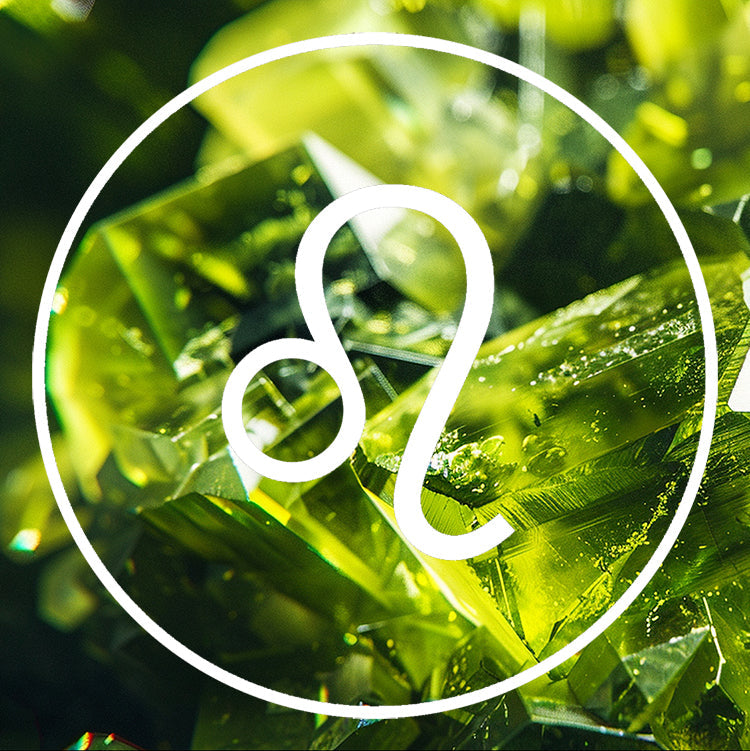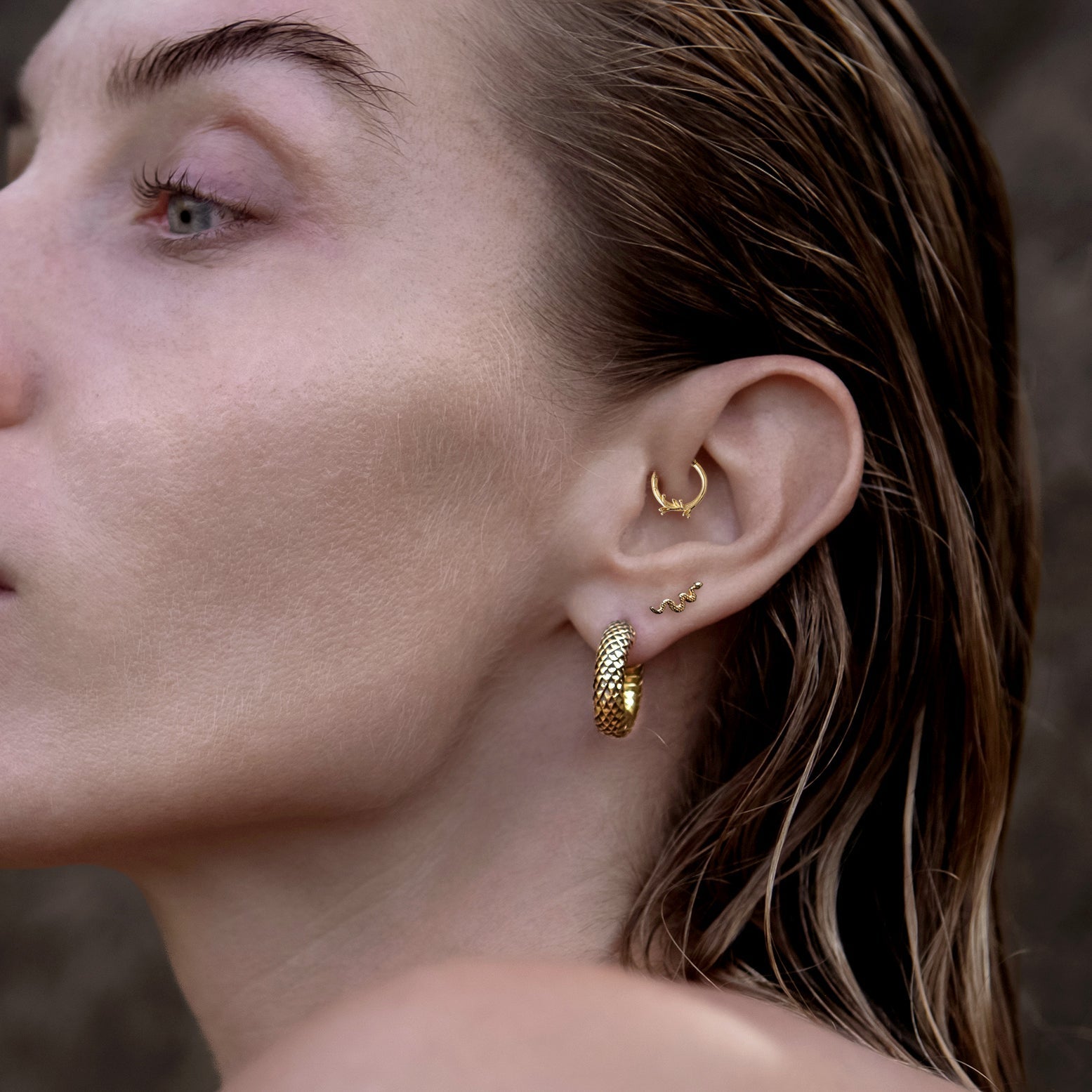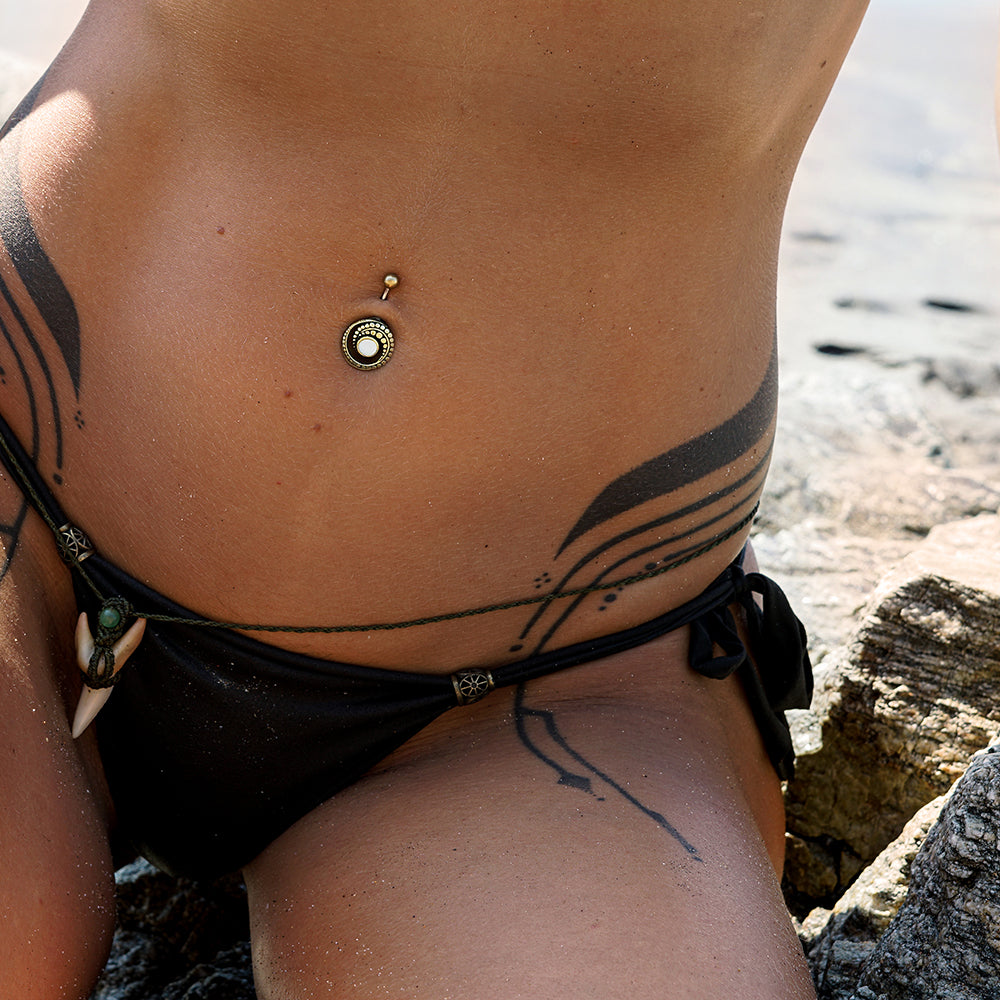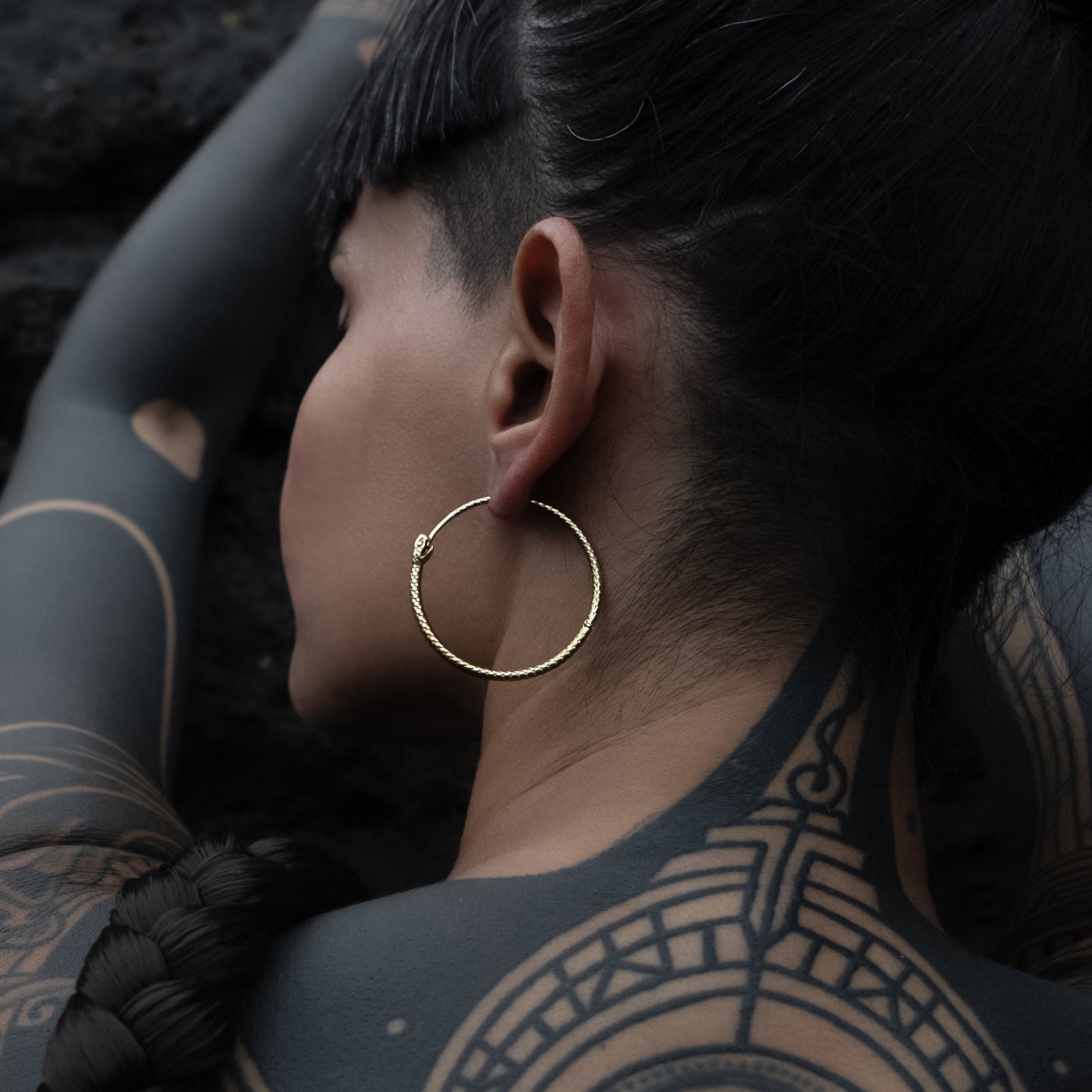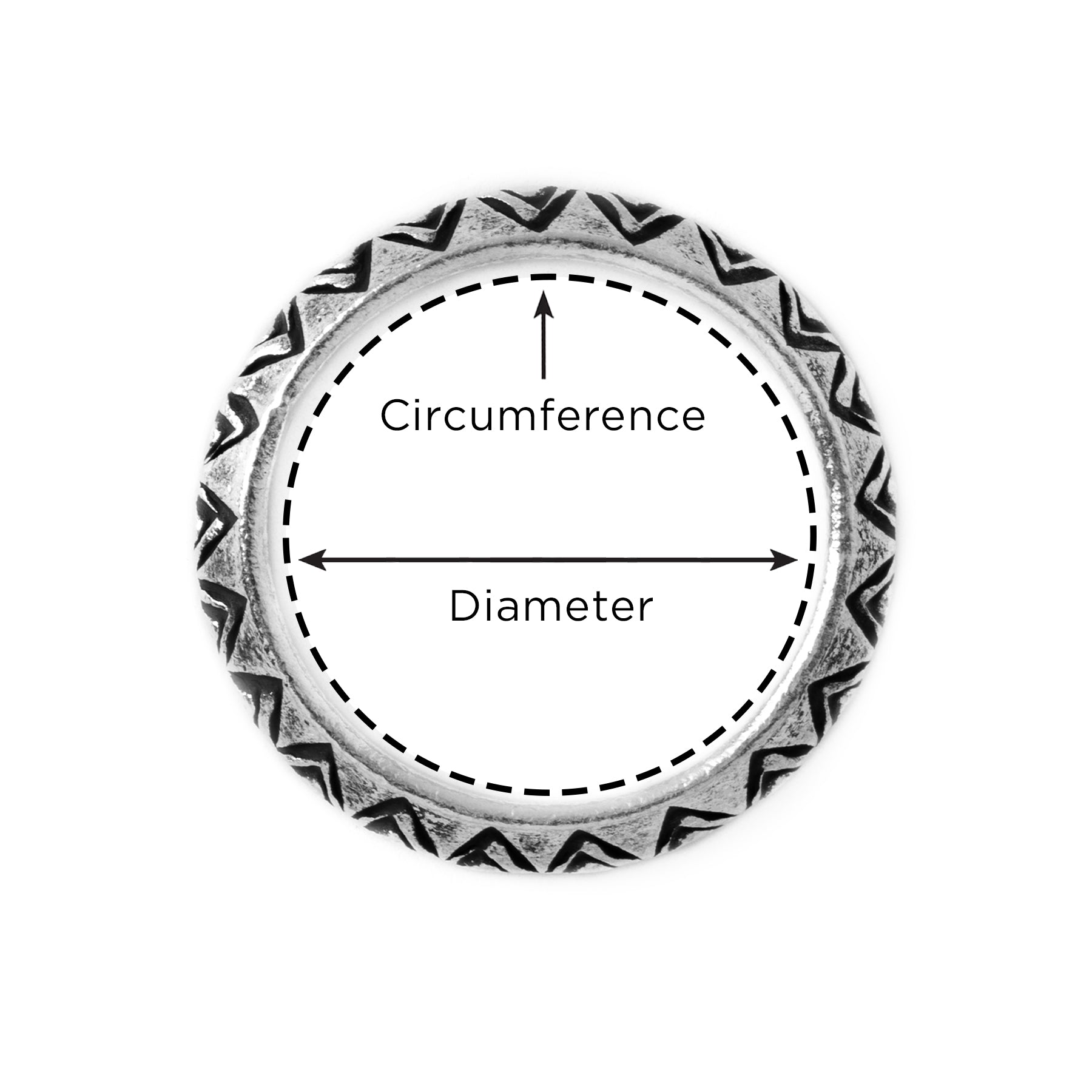
October 2025
Beyond Mortality:
The Skull in Jewellery
Few symbols strike as deeply as the skull. Morbid yet magnetic, it walks the fine line between darkness and beauty. To wear a skull is to embrace life in all its fragility and ferocity, a reminder of mortality, but also a declaration of resilience, individuality, and fearless expression. In jewellery, the skull transforms from bone to talisman, from reminder to rebellion.
Skull Jewellery Through History
The story of skull jewellery stretches back to humanity’s earliest rituals. Long before it became a fashion statement, the skull was used in adornment and ceremony as a sacred emblem. Ancient Celts believed skulls were the vessel of the soul, containing wisdom and spirit. Warriors carried them as charms of protection and power, seeing in them the promise of courage and strength.
In many tribal cultures across the world, skulls were not only a reminder of mortality but also revered as protective talismans. They were thought to guard against illness, shield from misfortune, and connect the wearer to ancestral energy. Animal skulls in particular carried symbolic weight, representing the spirit of the creature, its strength, and its role as a guide between worlds.
By the Renaissance, skulls had become central to the European tradition of memento mori- “remember you must die.” Finely carved skulls appeared in pendants, rings, and rosaries, worn by nobles and scholars alike as meditations on the brevity of life and the inevitability of death. These pieces, often paired with hourglasses or bones, reflected not only mortality but also spiritual preparation for the afterlife.
In the 18th and 19th centuries, skulls continued their presence in mourning jewellery, set in rings and lockets as tokens of remembrance for lost loved ones. They were sombre yet intimate pieces, blending grief with devotion.
Moving into the modern era, the skull transformed once again. Adopted by rebels, artists, and subcultures, from pirates and soldiers to punks and bikers, it became a universal emblem of defiance, clarity, and raw individuality. In contemporary fashion, skulls still retain their ancestral weight while evolving into high-style statements, appearing everywhere from underground body jewellery to luxury catwalk collections.
From sacred ritual to subcultural rebellion, skull jewellery has never lost its edge. Each era reimagines the skull anew, but its presence endures, always dark, always powerful, always meaningful.

The Meaning of the Skull
The skull holds paradox: it represents both death and rebirth, fragility and strength, endings and renewal. For some, it is a meditation on mortality, a reminder to live fully while time remains. For others, it is a charm of power and protection, warding off dark forces and carrying spiritual weight. In modern culture, skulls also symbolise rebellion, freedom, and individuality, a refusal to conform, a willingness to walk on the edge.

Animal skulls add another layer of meaning, invoking the wild spirit of the creature they depict: ravens as messengers between worlds, rams for strength, predators for fierce survival. Together, human and animal skulls form a language of symbolism that speaks to both personal identity and universal truths. They remind us of our kinship with nature, of the instincts we still carry within, and of the untamed power that lies just beneath the surface. To wear them is to channel not only memory and mortality, but also the primal forces that shape life itself.

Skulls in Ritual and Celebration
As the dark season approaches, the skull takes on a heightened presence. It becomes more than a motif; it is a reminder of the veil between worlds growing thin, of shadows stirring, and of the mysteries that lie beyond.
At Halloween, skulls embody fear, mortality, and the unknown, making them natural icons of the night when spirits walk. In contrast, during Día de los Muertos, the skull is reborn in vivid colour as the sugar skull, a joyful emblem that celebrates life by honouring the departed. These traditions reveal the skull’s duality: a symbol that can hold both darkness and light, mourning and celebration, death and renewal.
Style with Edge
Bold or subtle, chunky or dainty, skull jewellery adapts to every style while keeping its edge. A dainty skull ring offers a quiet talisman of strength, while heavy skull ear weights or linked skull bracelets turn the body into a canvas of rebellion. Animal skull pendants carry tribal echoes, while sugar skull charms add ornate celebration to sombre themes.
Whether worn solo as a statement piece or layered into a curated look, skull jewellery reveals more than fashion, it reveals a way of life. It belongs to those who embrace transformation, walk through shadows unafraid, and choose to wear their truth for the world to see.









